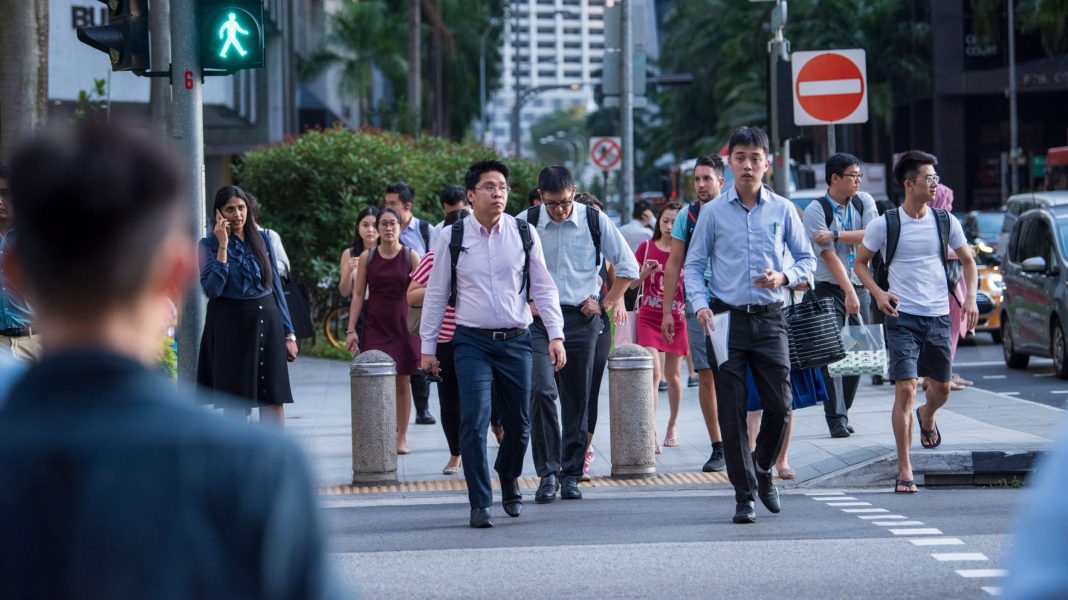SINGAPORE: Instarem, part of Nium, Southeast Asia’s payments unicorn, launched its 2024 SME Spend Barometer on Thursday (Nov 28), offering key insights into the spending behaviour of small and medium-sized enterprises (SMEs) in Singapore, Australia, and Malaysia.
The report, based on data from 700 SMEs and customer interviews, analysed spending trends from January 2023 to August 2024, highlighting SMEs’ investments in technology, infrastructure, and talent to adapt to the changing economic landscape.
According to the report, while export payments by SMEs, driven by Malaysia and Australia, grew by 6%, reflecting a cautious yet optimistic approach to global expansion, Singapore experienced a 27% year-on-year (YoY) decline in export payments.
This sharp drop indicates that businesses in Singapore are shifting their focus away from international markets and towards domestic priorities in response to rising costs and economic pressures.
Alongside the drop in export payments, Singapore’s SMEs have been cautious with their spending across various sectors.
Despite economic challenges, salary spending remained flat in 2024. While some industries have reduced their spending, others, like media and marketing (+13%) and business services (+2.7%), have opted to invest more in external advisors. These businesses are looking for expert support to drive growth without expanding internal teams.
In terms of office expenses, overall spending across all sectors in Singapore rose by 2.5% in 2024. Key sectors like retail and wholesale, business services, and real estate and leasing contributed to this growth, as businesses prioritised investments in physical spaces such as retail outlets, offices, and warehouse infrastructure.
Notably, retail and wholesale transaction volumes saw a 43% rise, largely driven by the strong performance of the wholesale sector, a significant contributor to the nation’s GDP. The wholesale sector provides 300,000 jobs and accounts for 20% of the nation’s GDP.
The real estate and leasing sector also saw a 52% increase, as businesses returned to physical office spaces. The F&B industry also rose 14% in sales across various establishments, including restaurants, cafes, and fast-food chains.
However, financial services (-38%), online retail (-24%), and industrial manufacturing and construction (-18%), have faced setbacks, possibly due to changing consumer preferences and increased competition. Business consultancy transactions also dropped 13.7%.
Meanwhile, digital transformation and AI adoption are rapidly increasing across APAC, including Singapore. /TISG
Read also: 73% of SMEs say rising costs are their biggest concern this year
Featured image by Depositphotos (for illustration purposes only)

